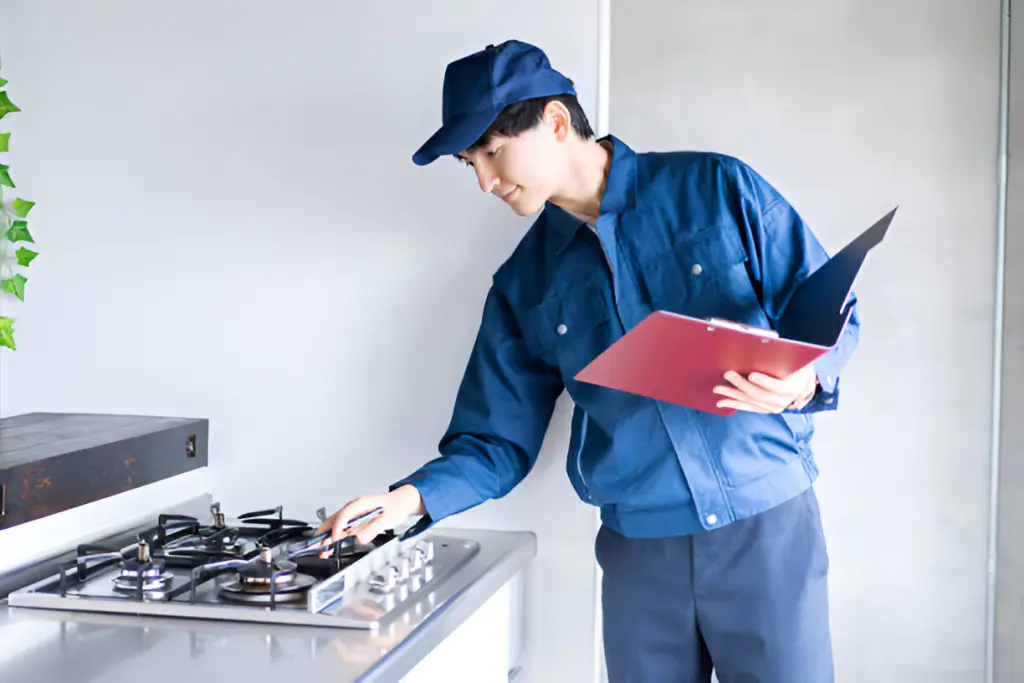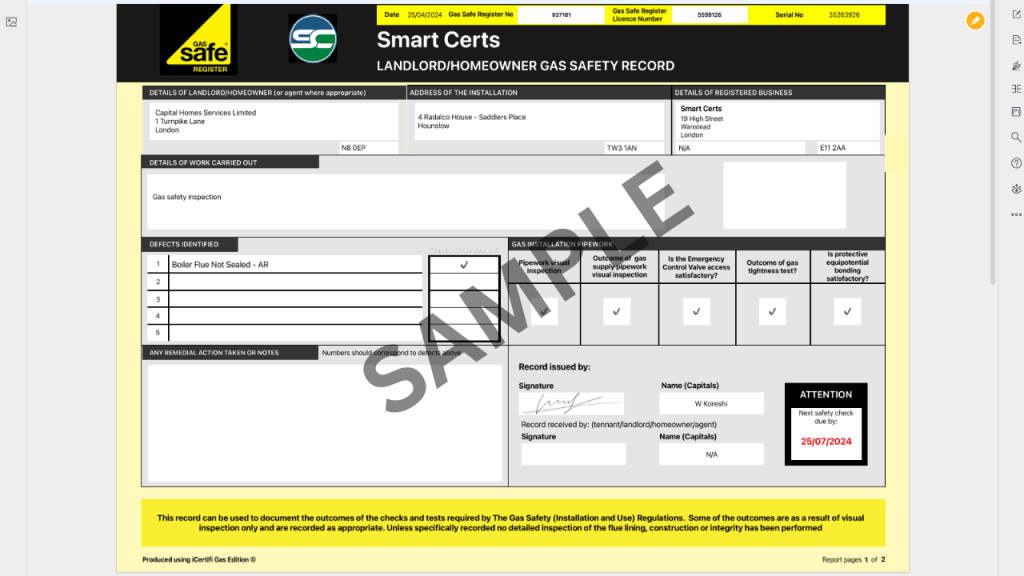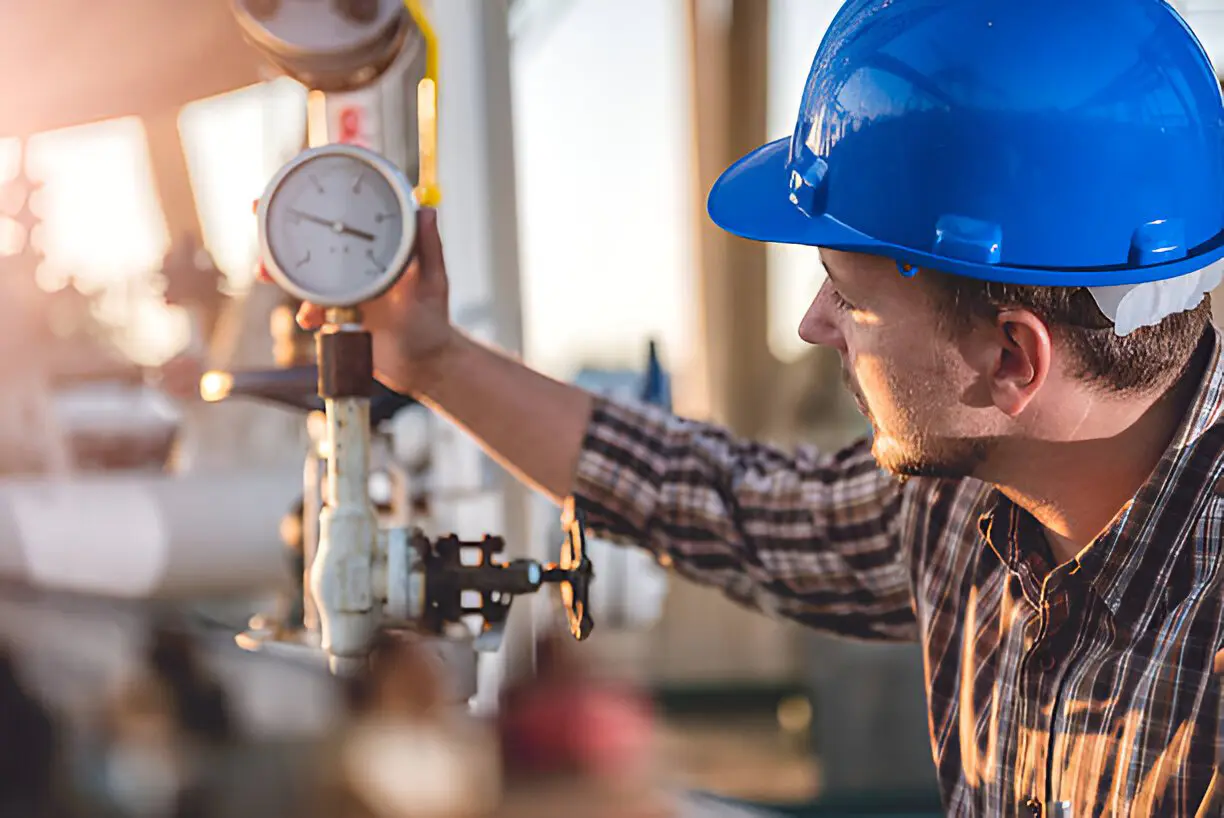Gas Safety Certificate Compliance for Food Stalls: What You Need to Know – As a food stall operator, you’re likely well aware of the hustle and bustle involved in managing your business, but have you kept up with your gas safety certificate compliance? This certificate isn’t just another piece of paperwork; it’s a crucial safeguard that confirms your cooking equipment meets stringent safety standards, protecting both your team and patrons from potential hazards. Neglecting this can lead to serious repercussions, including hefty fines and, more importantly, risking everyone’s safety. Keep your food stall safe and compliant by exploring crucial insights on maintaining gas safety certificate compliance, understanding the risks of non-compliance, and taking the right steps to ensure you’re not caught off guard.
Understanding Gas Safety Certificates
A Gas Safety Certificate is a crucial document that verifies your food stall’s gas appliances and systems meet specific safety standards. This certificate underscores the importance of maintaining operational integrity and ensuring that all installations are up to code.

It’s not just a formality but a fundamental necessity to guarantee gas safety at your stall. The certificate’s validity and the detail it encompasses speak volumes about your commitment to safety and regulatory compliance.
Each inspection that leads to certification examines the correct installation, maintenance, and operation of gas equipment, highlighting any deficiencies or hazards. Mastery of these details ensures you’re equipped to prevent potential mishaps, thereby protecting your business and customers.
Always ensure your certificates are current and accessible to demonstrate compliance effectively.
Legal Requirements for Food Stalls
You must adhere to strict legal requirements when operating a food stall, ensuring compliance with both local and national regulations.
Familiarizing yourself with food stall regulations is crucial. These rules govern not only food safety and hygiene but also the installation and maintenance of gas equipment, aligning with specific gas equipment standards. You must ensure all gas appliances meet these prescribed standards to prevent risks associated with gas leaks or malfunctioning equipment.
Moreover, regulatory compliance extends to obtaining necessary permits and adhering to zoning laws, which vary significantly across different jurisdictions.
Staying updated with these regulations is essential, as non-compliance can lead to substantial fines and possibly, the closure of your food stall.
Prioritize these legalities to maintain operational status and safeguard public health.
Steps to Obtain a Certificate
Once you’ve familiarized yourself with the regulatory requirements, the next step is to obtain a gas safety certificate for your food stall.

Begin by initiating the application process. This typically involves completing a detailed form that requires specific information about your gas installations and equipment. You’ll need to provide this to a certified inspector or a recognized certification body.
Schedule your inspection, taking note of the inspection frequency mandated by local regulations. Regular inspections are crucial to ensure ongoing compliance and safety.
The inspector will examine your setup for adherence to safety standards and operational integrity. If your equipment meets the required standards, you’ll receive your certificate, which must be prominently displayed at your stall and renewed periodically as per the stipulated inspection frequency.
Common Compliance Challenges
While navigating the process of obtaining a gas safety certificate, many food stall operators encounter several compliance challenges.
One significant difficulty is mastering gas leak detection, a critical aspect that demands both technical understanding and meticulous attention. You must ensure your equipment is equipped with the latest detection technology and that it’s calibrated frequently to detect any leaks promptly.
Another hurdle is consistent equipment maintenance. Your gas installations and appliances mustn’t only comply with current safety standards but also be maintained regularly to prevent failures and ensure operational efficiency.
This involves detailed records and regular checks which can be complex due to the intricacies of gas systems and the regulatory requirements surrounding them.
Benefits of Regular Inspections
Regular inspections of your gas systems and appliances can significantly reduce the risk of unforeseen malfunctions and enhance safety at your food stall. These audits not only ensure compliance with stringent regulations but also lead to substantial cost savings by identifying potential issues before they escalate into costly repairs or legal penalties. Moreover, risk reduction achieved through proactive checks minimizes the likelihood of hazardous incidents, protecting both your staff and patrons.
| Emotion | Before Inspection | After Inspection |
|---|---|---|
| Confidence | Low | High |
| Anxiety | High | Reduced |
| Safety | Questionable | Assured |
| Satisfaction | Uncertain | Increased |
| Cost | Unpredictable | Controlled |
Tips for Maintaining Compliance
Adhere strictly to the prescribed maintenance schedules and certification renewals to ensure compliance with gas safety regulations for your food stall.

Prioritizing equipment maintenance ensures operational efficiency and minimizes the risk of gas leaks—a core aspect of compliance. Regularly check hoses, connections, and valves for signs of wear or damage.
Implement a routine where you test for gas leaks using soapy water or a gas detector as part of your daily setup process.
Documentation is key; keep detailed records of all inspections, maintenance activities, and repairs.
This rigor in maintaining and documenting equipment health not only safeguards against potential hazards but also streamlines the process during official inspections, ensuring seamless and undisputed compliance.
Conclusion
As a food stall operator, you must understand the importance of maintaining your Gas Safety Certificate. Staying compliant not only avoids legal penalties but also ensures the safety of your staff and patrons. Regularly inspect your gas appliances, keep detailed records, and renew your certification as required. This proactive approach will mitigate risks and uphold your reputation as a responsible business. Always prioritize safety and legal compliance to ensure uninterrupted operations.









